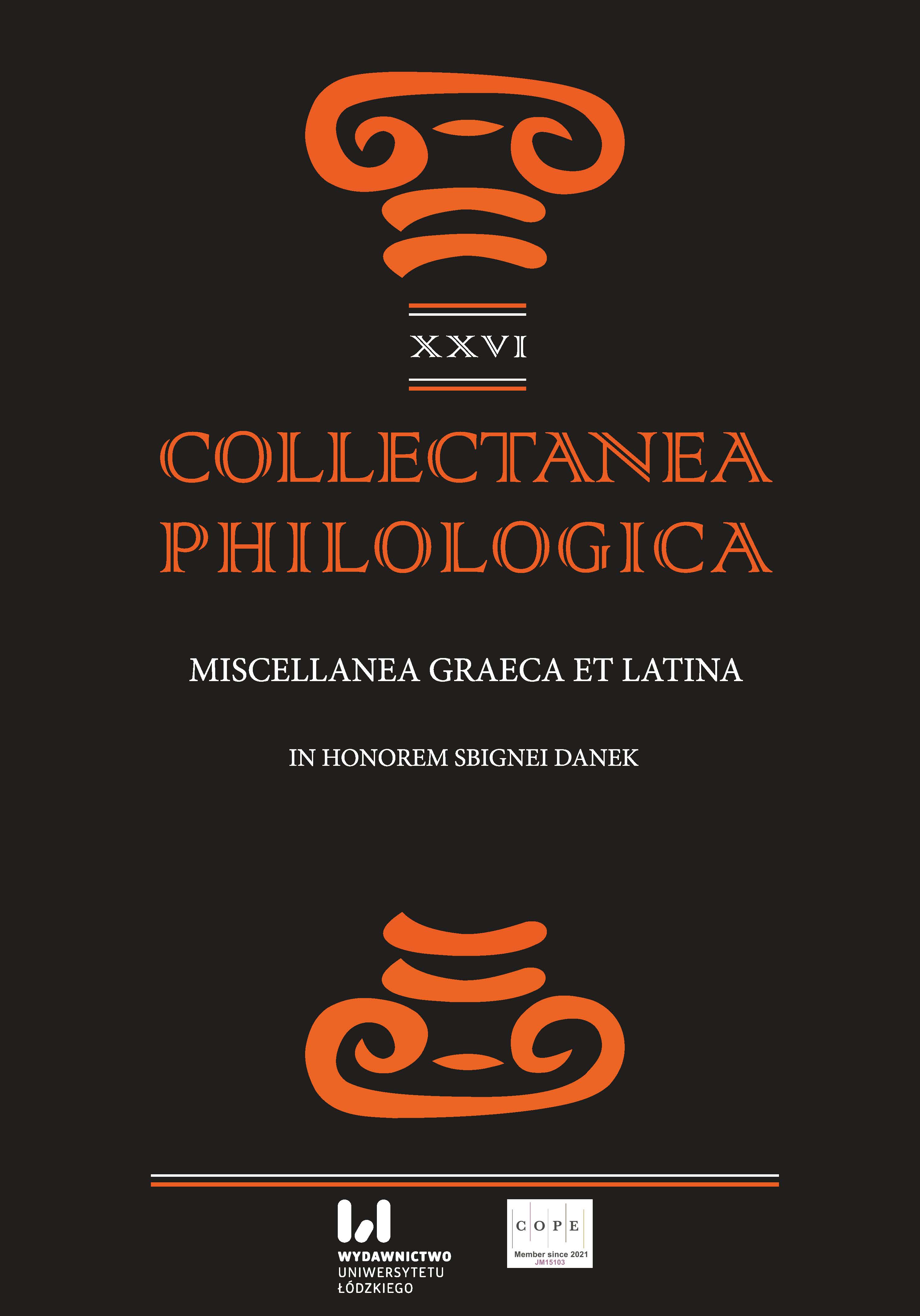Arbërisht Literature as an Example of Preserving a Cultural Identity Abroad
DOI:
https://doi.org/10.18778/1733-0319.26.20Keywords:
Arbëreshë people, Arbërisht language, culture, ethnic minority, emigrationAbstract
The purpose of this article is to demonstrate the origins of the literature of the Arbëreshë people and its impact on the survival of the language outside the country of origin. The cultural identity of the Italo-Albanians is marked by Byzantine influences: religion, economy, culture and military. The centuries-long, harsh Turkish occupation of Albania contributed to the cultural stagnation. Albanians in the territory of the Ottoman Empire were deprived of all rights, including the right to use their own language and profess their faith. The teaching of the Albanian language, as well as teaching in that language, and all publications were banned. Groups of Albanian refugees were welcomed in southern Italy as heroes and defenders of the faith. The few Albanian humanists were the descendants of immigrants educated in Ragusa, Padua or other Italian centres of research and education.
References
Barone, V. (1982). Storia, Società – Cultura di Calabria. Cerchiara. Catanzaro: Grafiche Abramo.
Google Scholar
Camaj, M. (1985). La letteratura erbereshe nel quadro generale della letteratura albanese. In: M. Camaj (ed.). Le minoranze etniche e linguistiche. Palermo, Piana degli Albanesi: Fondo Tullio de Mauro. 201–210.
Google Scholar
Capalbo, R. (1997). Memorie storiche di Acri. Cosenza: Brenner Editore.
Google Scholar
Leo, P. de. (1988). Mobilità etnica tra le sponde dell’Adriatico in età medievale – I primi insediamenti albanesi in Calabria. In: Gli Albanesi in Calabria. Secoli XV–XVIII, a cura di C. Rotelli, Ed. Cosenza: Orizzonti Meridionali.
Google Scholar
Netzhammer, R. (2003). Tra gli Albanesi di Calabria. Castrovillari: Il Coscile.
Google Scholar
Rennis, G. (1993). La Tradizione Bizantina della Comunità italo-albanese. I canti popolari paraliturgici di Lungro. Cosenza: Il Coscile.
Google Scholar
Rotelli, C. (1988). Gli Albanesi in Calabria. Secoli XV–XVIII. Cosenza: Orizzonti Meridionali.
Google Scholar
Shin Frangjisku e Paullit. (2000). In: G. Rennis (ed.). La Tradizione Bizantina della Comunità italo-albanese. I canti popolari paraliturgici di Lungro. Cosenza: Editoriale Progetto. 40–41.
Google Scholar
Shin Linardi. (2000). In: G. Rennis (ed.). La Tradizione Bizantina della Comunità italo-albanese. I canti popolari paraliturgici di Lungro. Cosenza: Editoriale Progetto. 29–30.
Google Scholar
Toschi, P. (1935). La poesia popolare religiosa. Firenze: Olschki.
Google Scholar
Vaccaro, A. (2006). I Greco-Albanesi d’Italia. Regime canonico e consuetudini liturgiche (secoli XIV–XVI). Lecce: Argo Editore.
Google Scholar
Variboba, G. (1762). Gjella e Shën Mërisë Virgjër. Roma.
Google Scholar
Downloads
Published
Versions
- 2023-12-08 (2)
- 2023-10-05 (1)
How to Cite
Issue
Section
License

This work is licensed under a Creative Commons Attribution-NonCommercial-NoDerivatives 4.0 International License.












